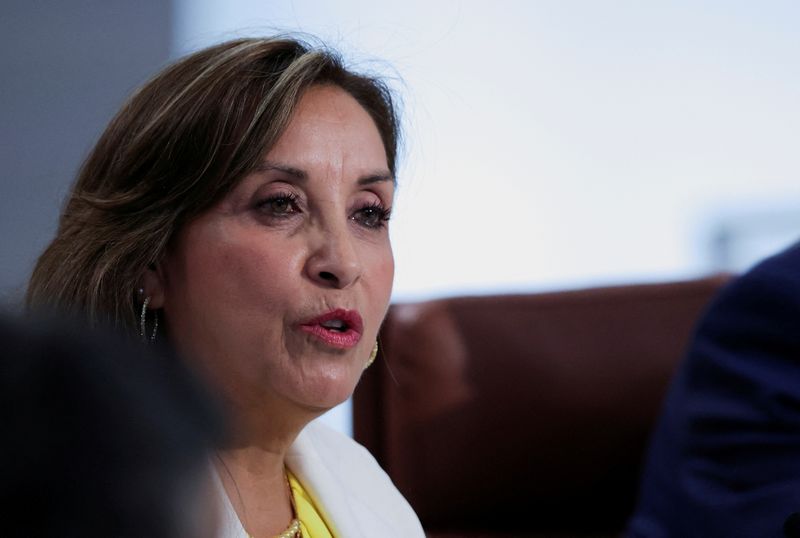Follow us on LinkedIn
The term reserves describe resources kept or retained for future use. Usually, these resources are not available for immediate utilization. However, they can help in the future if required. This term has various meanings in every field. In accounting, it covers several areas. These include a portion of shareholders’ equity, a liability for estimated claims, or a contra asset for bad debts.
The term reserves may also relate to equity reserves, which is prevalent in accounting.
What are Equity Reserves?
Equity reserves are a part of shareholders’ capital in accounting. Usually, these reserves are a part of the financial statements and kept apart for specific purposes. Equity reserves are balances created from shareholders’ contributions. For most companies, they are inaccessible balances unless for defined purposes. Usually, these purposes relate to accounting treatments or regulatory requirements.
In some instances, equity reserves may also refer to a type of bank capital. These reserves represent funds set aside for contingencies, for example, legal action against the bank, losses on assets, etc. On top of that, it also provides a reserve for dividends that a company expects to pay to shareholders. However, they do not include declared dividends. Therefore, there is no liability for a company to make those payments.
Companies may also use these equity reserves as a sinking fund. Usually, these provide finance to retire stock or debt capital instruments in the future. Overall, the definition of equity reserves may differ based on the area to which these reserves relate. In most circumstances, the former accounting definition will apply unless specified otherwise.
What do Equity Reserves include?
As mentioned above, equity reserves primarily include contributions from the shareholders. The two primary types of equity reserves consist of share premium and legal reserve funds. An explanation of what each of these involves is as below.
Share premium
Share premium refers to an account in the balance sheet, a part of a company’s equity reserves. This reserve account records the amount received for new share issues above the par value. Usually, share premium relates to the share capital account. Any finance received for shares issued at par will become a part of the share capital account. The excess funds will end up on the share premium account.
Legal reserve funds
Legal reserve funds include balances required by legal legislation. Usually, this account balance is a percentage of the share capital balance. Like the share premium account, any reserves in the legal reserve funds account are also inaccessible. Another name used for it includes legal reserve funds from profits.
Translation reserves
Translation reserves is a type of equity reserve that only comes from the consolidation process. Usually, parent and subsidiary companies that operate in different currencies must translate their operations when consolidating. In some cases, it may create a reserve, which ends up in the translation reserves account.
Remuneration reserves
Companies may also promise their employees or management performance-based incentives or bonuses. For these bonuses, they may create an equity reserves account. This account will include the expected amount that a company expects to pay employees as incentives.
Hedging reserves
Hedging reserves is an account that includes equity reserves generated during the hedging process. This account consists of funds generated when a company takes steps to mitigate volatility in some input costs. Usually, it relates to the hedge accounting process.
Conclusion
The term equity reserves can have different meetings. In accounting, it refers to balances created from shareholders’ contributions. However, it may also represent a type of bank capital. There are several types of equity reserves that companies may have. These include share premium, legal reserve funds, translation reserves, remuneration reserves, and hedging reserves.
Further questions
What's your question? Ask it in the discussion forum
Have an answer to the questions below? Post it here or in the forum
My grandmothers had a 24-year age gap. Our relationships were different; I was closer with the older grandma, while the younger one seemed distant.
Since his campaign ended, DeSantis has barred homeless people from sleeping in public and prohibited kids from social media, among other things.


People with bipolar disorder are more sensitive to physical changes in the spring. This can trigger manic episodes.